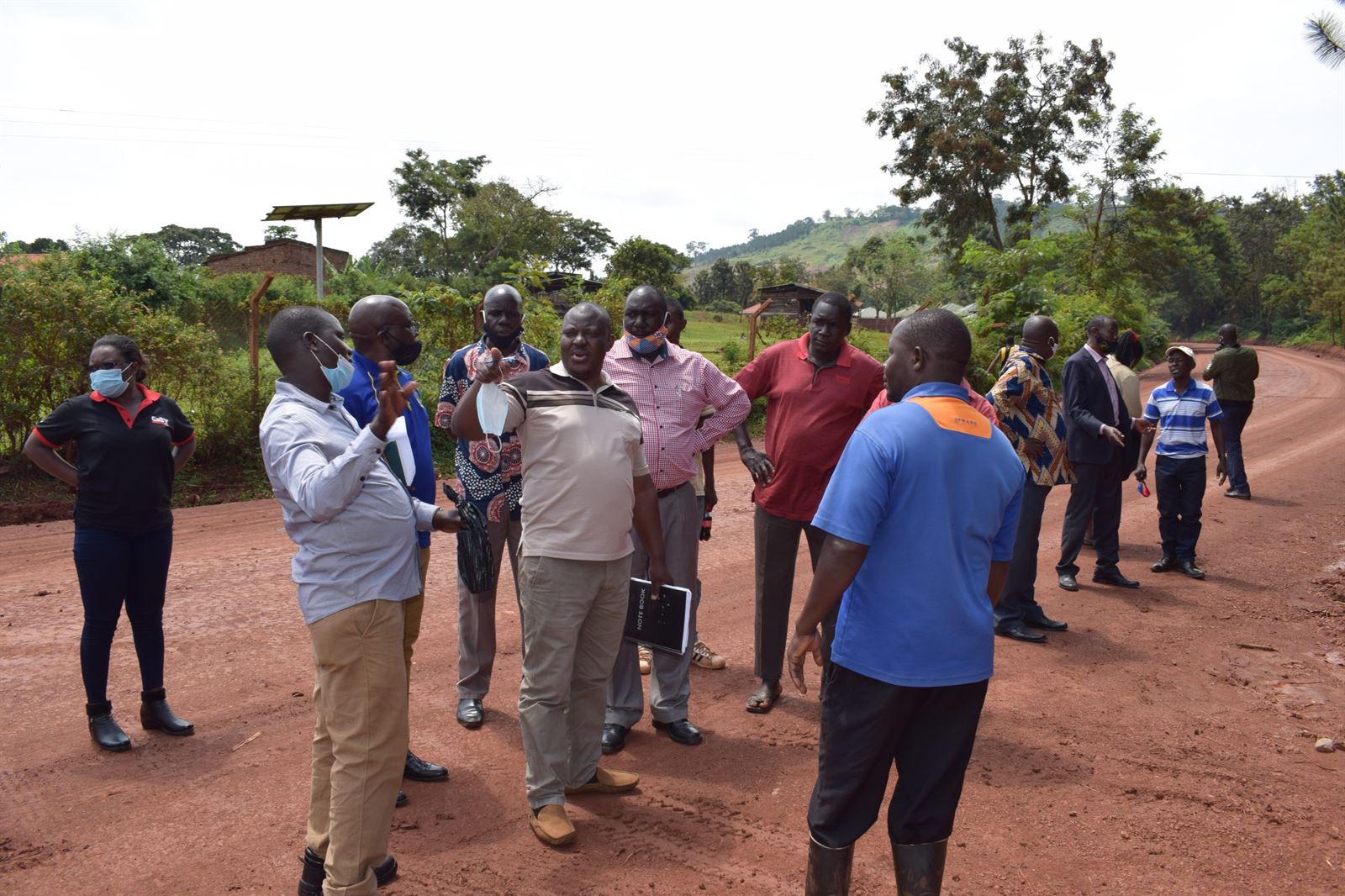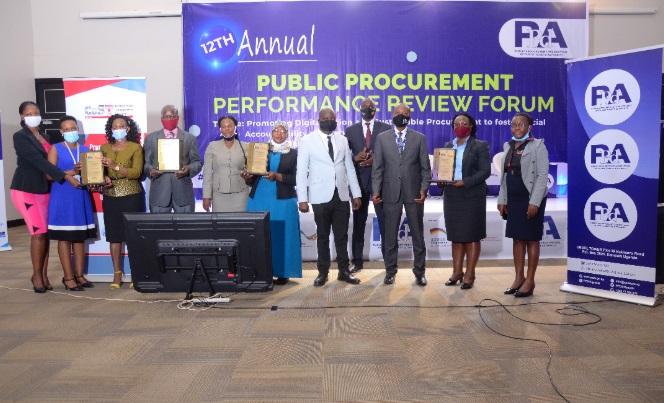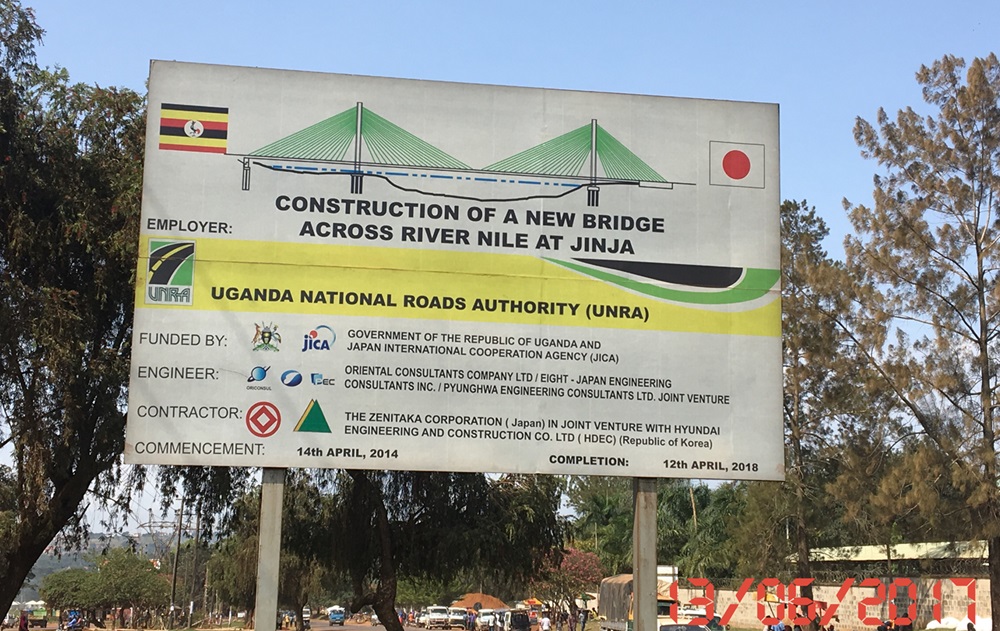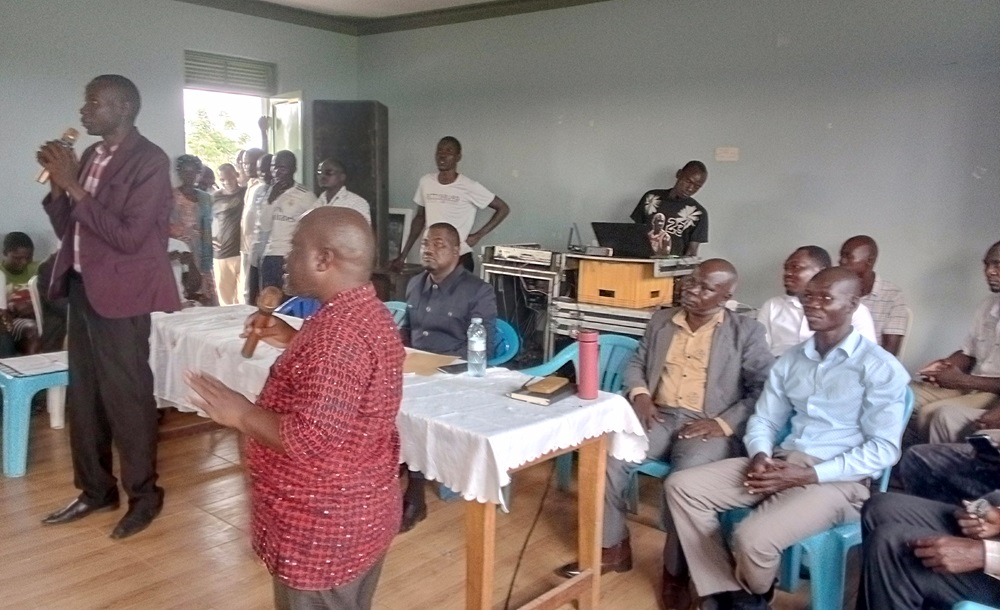
Credits to Samuel Nabwiso, Journalist and Olive Kabatwairwe – CoST Uganda
Uganda passed the policy which requires 30% of the total value of Government Infrastructure projects to be awarded to local Contractors and Consultant’s. Findings from recent studies by Initiative such as CoST Uganda have revealed that, such policies are not implemented to the dot, in fact, legal and policy provisions on enhancing local content are not known.
According to the available Information, local firms have been known to lack the financial and in some instances human capacity to execute the projects. This has affected their ability to prepare bankable bids and engage favorably in public infrastructure procurement processes, these challenges have forced many out of business.
What is affecting the private sector from engaging in infrastructure procurement processes?
Information available indicates that there are many business opportunities in the construction Sector. The sector takes the biggest percentage of the national budget, and thus, the need for transparency, to ensure that there are positive returns out of the investments. It is challenging that, disclosed data has revealed that 99.7% of the contracts in the year 2020 went to local firms with 0.3% going to foreign firms, but, shockingly, the 0.3% contracts cost the highest amount compared to those given to local firms, in fact the Chinese firms took the highest budget. Challenging the authorities, the private sector at a CoST Uganda forum on fair business practices in June 2020, and most recently at the launch of the 4th Assurance Report, asked Government to categorize disclosed data to inform the sector analysis.
Joseph Nyende a CoST Uganda consultant who carried out research to find out factors that affect the private sector from effectively participating in Public Infrastructure procurement processes noted that, although Uganda has a great number of local contractors and Senior Consultants who can execute some of the projects under the 30% scheme, the Environment under which they are operating does not favor them. He pointed out challenges such as high cost of loans (Interests) in the country, delays by the government to pay contractors and also the prolonged procurement processes under which bidders go through as some of the big challenges affecting local contractors.
“Government needs to come up with a solution to help local contractors to access funds at lower interest rates, most of the local contractors cannot afford to pay the high interest rates charged by the local banks. This can be done by government through establishing with special financing schemes targeting local contractors and Consultant’s. This will greatly support the local contractors” Noted Nyende at the CoST Uganda stakeholder forum, 17th February 2021.
The forum brought together the Private Sector players in the construction Industry, Government officials to discuss Fair Business practices between Government and the private sector. Key discussions were around establishment of an enabling environment for the local contractors in the country to effectively participate in bidding for public Infrastructure development projects.
On the lack of the capacity by the local contractors to execute Mega infrastructure projects, the study observed that most of the graduating Engineers are not well equipped with the necessary skills, thus the need for government and the private sector to invest more resources in skills development. This will enable the younger scientists to acquire more practical skills required in the Engineering profession.
“Establish placement Schemes where the graduating Engineers can be placed and acquire more practical skills especially on how to bid for tenders, learn more advanced skills related to the application of modern technology and machineries on the market and also learn business skills on how to manage construction company among other skills that may be necessary to Engineers when Executing infrastructure projects” Nyende added.
Government Speaks out
The permanent Secretary of the Ministry of Works and Transport Waiswa Bageya in his speech read on his behalf by the Assistant Commissioner Quality Assurance in the Ministry of Works and Transport Engineer Ben Kyemba, said that Government plans to establish two special schemes targeting local contractors and Consultant’s which will ease their cost of doing business with government.
According to the permanent Secretary, government will establish the Construction guarantee fund to support local contractors and Consultant’s to access cheaper loans. Another solution that Government plans to unveil that will support the local contractors is the establishment of the regional plant Hire Pool this will enable local contractors to hire construction machineries from Government at a subsidized rate.
Explaining more on the Construction guarantee fund, Waiswa explained that once local contractors have secured contracts from the procuring entities, they will be in position to go and borrow money from the financial Institutions with which the Ministry will sign a memorandum of understanding to manage the money.
“Once they win tenders to construct any public Infrastructure they’re required to provide Performance Securities, Advanced Payment guarantee as government this is the fund government will establish mostly in the Uganda Development Bank to see that when such requirements arise, then local contractors and Consultant’s will apply for the loans from UDB”. He explained.
He added that the funds can also be borrowed in case the contractors and the consultants require Advance payment since most of them are financially unstable. Such arrangements and others to come in future once well implemented and embraced by the local firms will ease the way of doing business.
Will the pronouncement by government to Support the local firms yields positive results?
According to Gilbert Sendugwa the Senior Regional Manager Africa, CoST International said that more is still needed, especially on the side of the procurement Entities and the Local contractors especially in the areas of Transparency when it comes to bidding for government Infrastructure projects .
Sendugwa noted that there’s need to enhance integrity in bidding for public Infrastructure development related project’s and this can be done only through Improved disclosure of information related to the projects. According to him this can create Transparency and public trust, thus reducing the risks to corruption during the bidding processes.
“Disclosures of information related to the projects plays a big role towards creating trust between the procurement Entities and Contractors and members of the public, thus reducing the risks for corruption and also, supports the contractors to make decision whether to bid for the contracts” He explained.
He cautioned local contractors and Procurement Entities to avoid any tendencies of corruption during the procurement processes because it affects the quality of works and also increases the cost of doing business to the local Contractors and Consultants.
“We have been getting information that some local contractors and Consultants have been paying bribes to public officials to secure public infrastructure deals, this is very unnecessary because of its consequences both to the Procurement Entities and the firms’ Sendugwa added.
Reacting on the issues of corruption in public infrastructure procurement processes, Faith Mbabazi, the senior Research officer at the Public Procurement and Disposal of Public Assets Authority told this Website that the Authority carried out research and it was found that 20% of the local Contractors had paid bribes to procurement entity officials, in order to secure public contracts, however she said that the Authority is coming up with solutions to avert it through the roll out of Electronic Procurement Portal (E-GP)
“E-procurement will solve some of the bottlenecks the local and foreign firms are facing. The technology will cut off physical contacts between the contractors and the procurement officials, hence reducing incidences of corruption” She said.
According to Elizabeth Muhebwa the Executive Director of Uganda National of Building and Civil Engineering Contractors said that supporting local contractors to effectively participate in public procurement creates more jobs , increases the tax base of the country alongside supporting the human capital development which is still big challenge affecting the local Contractors and Consultant’s in Uganda.



